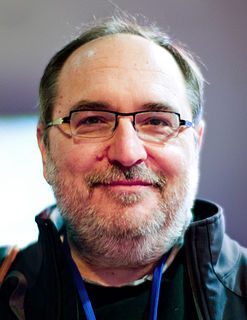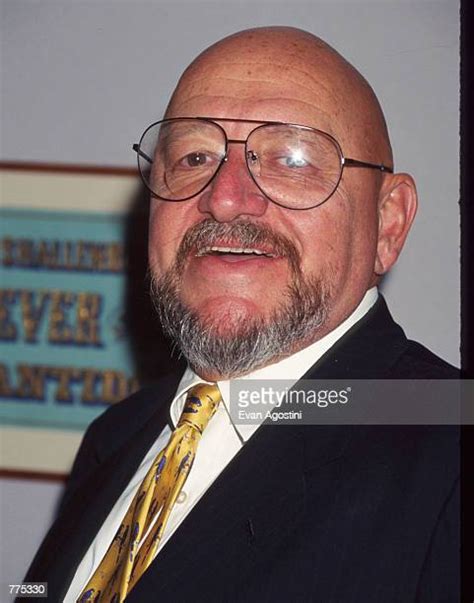A Quote by Alexander Nix
Starting with politics, we'd like to replace blanket advertising with individualised targeted and engagement ads.
Quote Topics
Related Quotes
Targeted ads, I think, are useful because I don't want to see all the crap. I'm not interested in buying a Mercedes Benz, but I am interested in buying a new MacBook Air. So if organizations like Facebook can actually make the ads more relevant to me, if they know what I am interested in, I have no problem with that.



































